Freshwater Fish Is in Saltwater? Know Scientific Result of It
Check Our Quick Stories
Freshwater fish will die if it is placed in saltwater fish tank. The death of fish will happen just because of the dehydration. The water of the cell will go out to the saltwater environment and it will struggle to live. Few times later it will die in that tank.
But that two-line “answer” is not enough I guess. Let’s discuss about it comprehensively.
Why does freshwater fish die in saltwater?
Saltwater contains Na+ molecules which come from sodium chloride basically. Fishes are osmoregulators. That means the cells of fishes contain different amount of solute compared to the water surrounding them.
Now a freshwater fish is placed in a saltwater tank that means its cell solute concentration is lower than the outside water solute concentration. That’s is why water will start moving outside of the environment from fish’s body and they can’t take water from the outside environment due to the higher concentration. The cell’s water will go out to dilute the outside’s concentration of water. Gradually kidney of fish can’t find water to urinate and it will fail and fish will die due to dehydration.
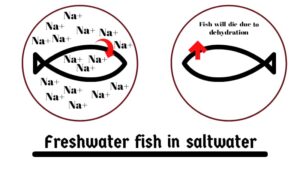
The opposite incident will happen if you place saltwater fish into a freshwater fish. It will die also but it will take time that depends upon species to species.
Why does saltwater fish die in freshwater?
Saltwater has the salinity level of 20-30 ppt and the freshwater has the salinity level 0 ppt. Now if saltwater fish is placed in freshwater then it comes at the lower concentration level from high concentration of solute. At that moment water will start moving into fish’s body through its body cell to dilute its cell concentration of solute. After a while the cell will bloat and fish will die.
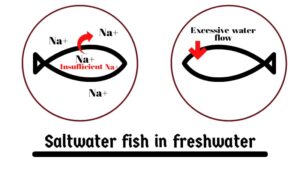
But fishes can still adjust the situation for certain amount of time. This time totally depends of the species. Some fish will die quickly and others will take some time to die.
There are three type of condition which is related to this. Let’s discuss on it
What is hypertonicity?
Hypertonicity is a condition where the solute of cell will go out from it just because of higher concentration of solute outside of the cell. Solute of cell goes out to dilute the outside solute and the lack of solute the cell will shrink.

This condition is related to the 1st case. Freshwater fishes die due to hypertonicity condition if it is placed into saltwater
What is hypotonicity?
Hypotonicity is a condition where solute of outside solution will move toward the cell through semi-permeable layer to dilute to concentration of inside of cell’s solution. This will make that cell to swell and after a while it will burst.

This condition is related to the 2nd case. Saltwater fishes die due to hypotonicity condition if it is placed into freshwater.
What is isotonicity?
This is the condition where the concentration of the solute of inside and outside is same. This is the condition just because freshwater fish can live in freshwater and saltwater fish can live in saltwater freely.

Read more:- Are red algae harmful for saltwater fishes?
Read more:- How to build saltwater aquarium from scratch
Final thoughts
So from article you should understand that what will happen if you put freshwater fish in saltwater tank. You shouldn’t do it. If it happens accidentally then try to pick that fish up as soon as possible.
So best of luck & happy fishkeeping 🐟

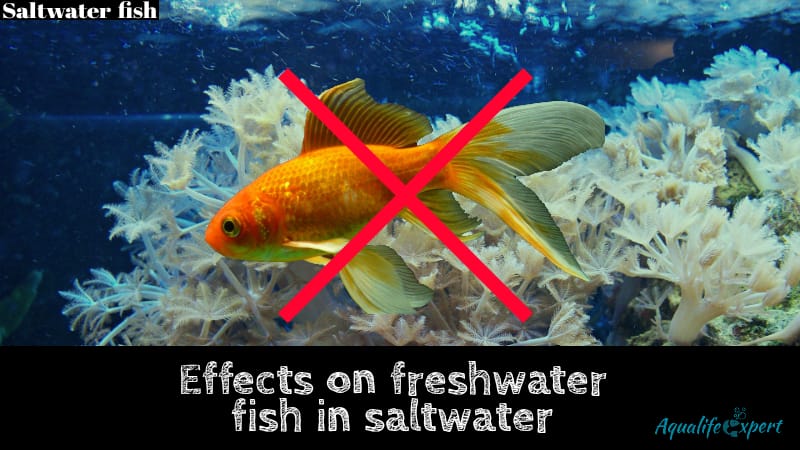
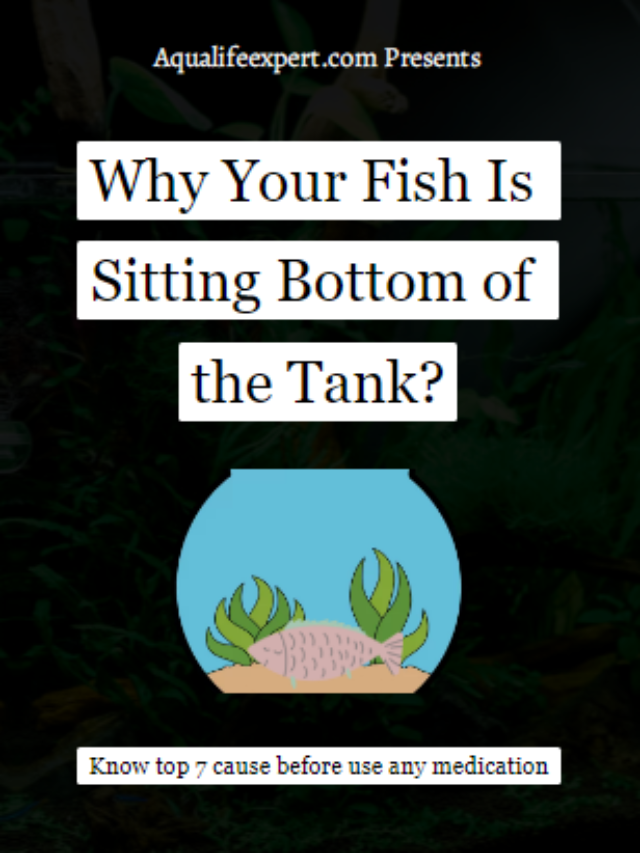
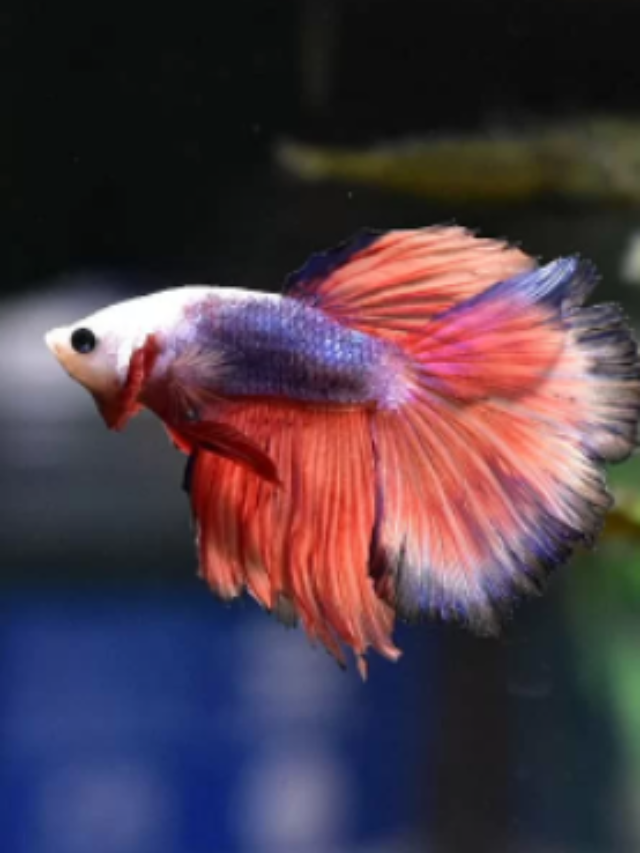
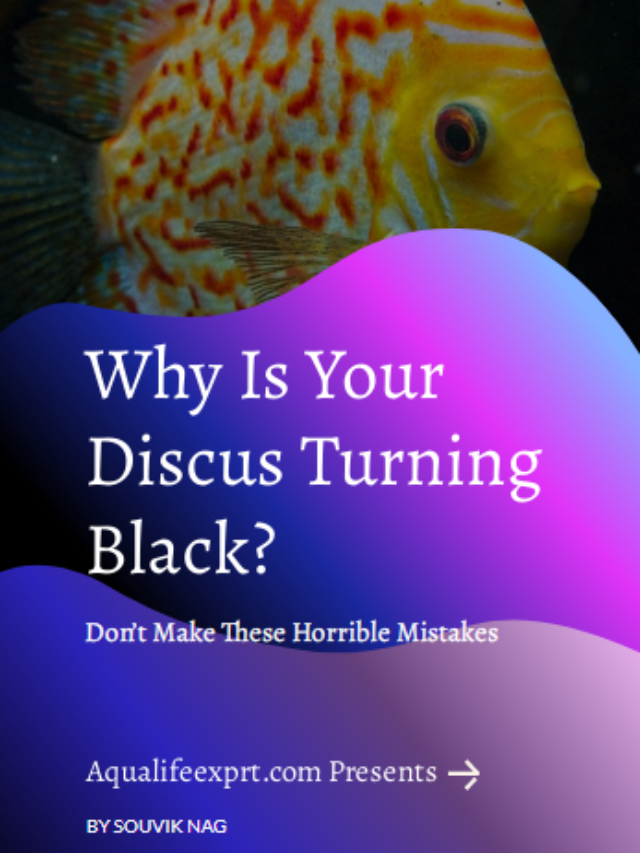
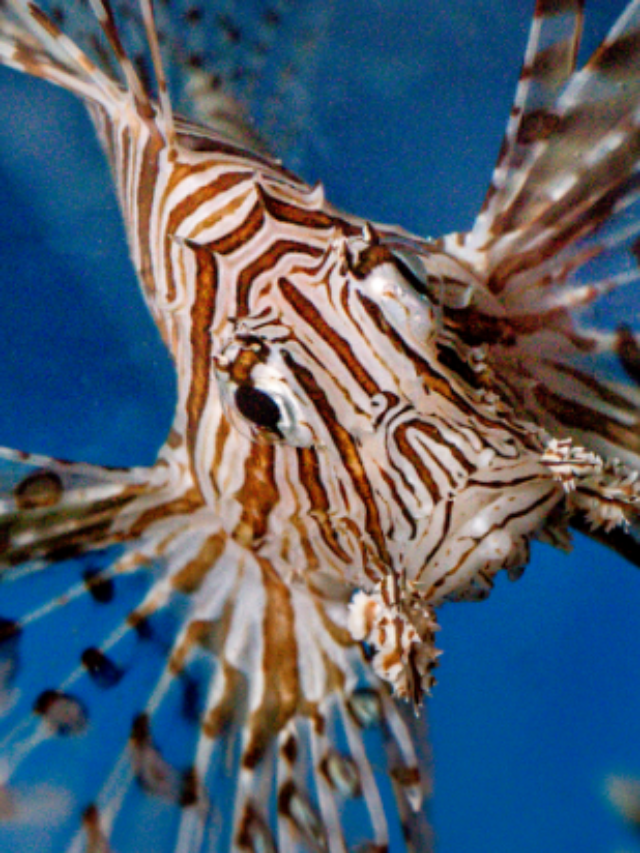

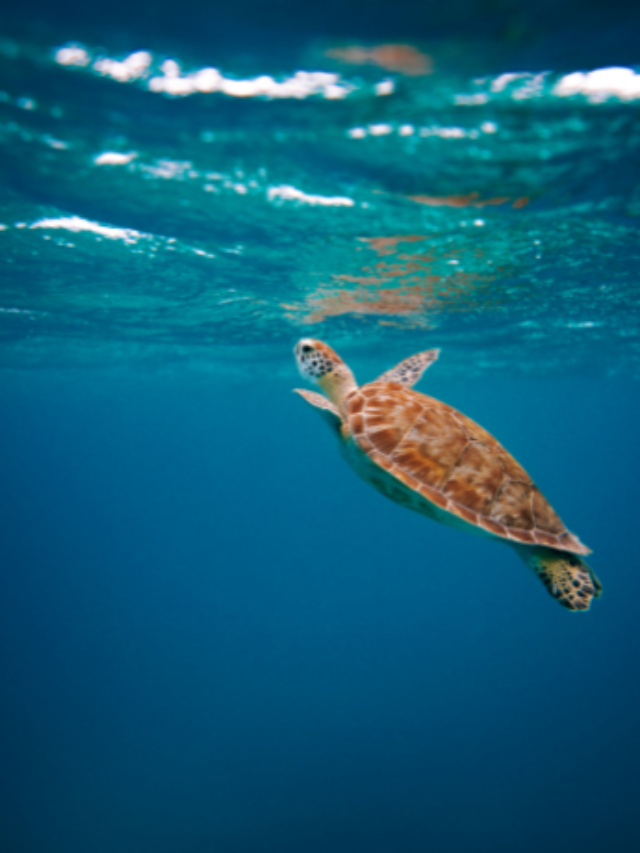
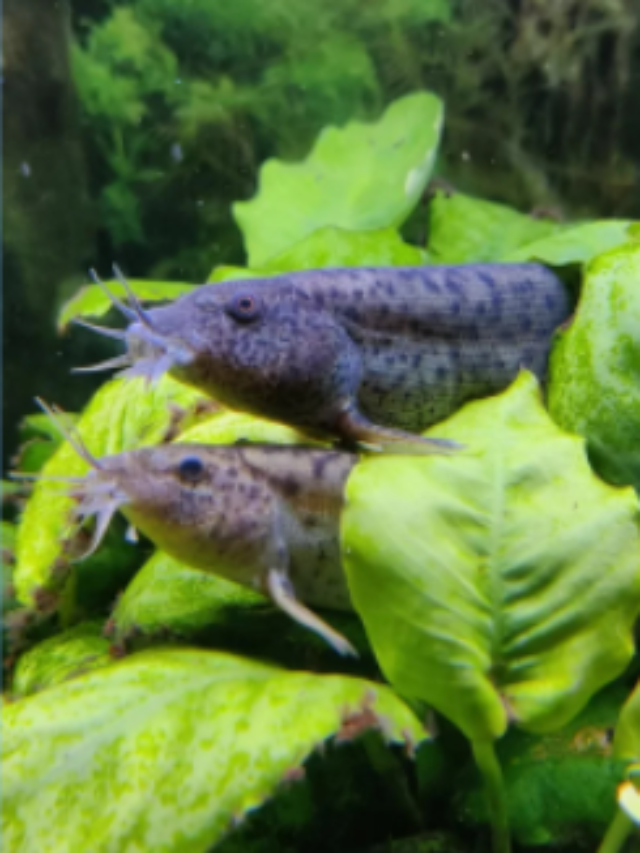
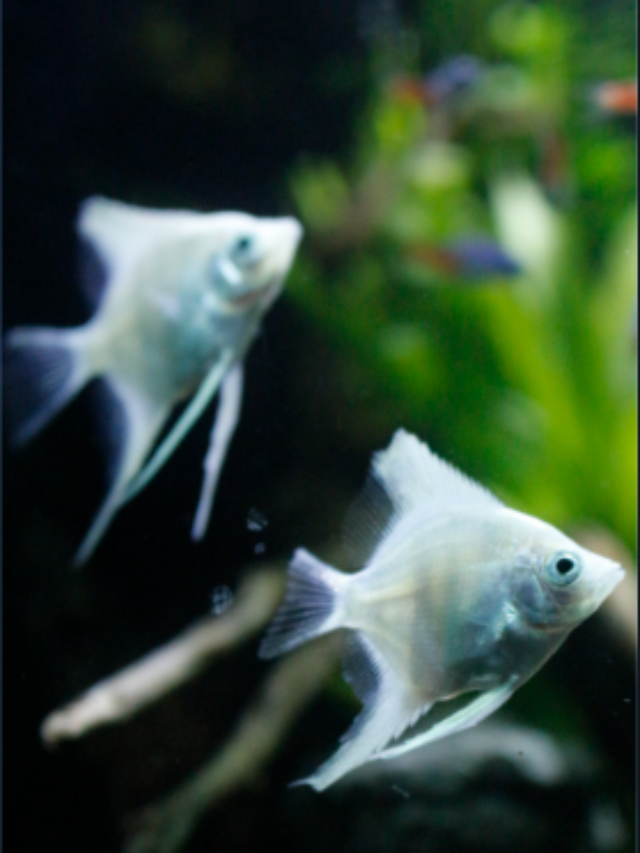

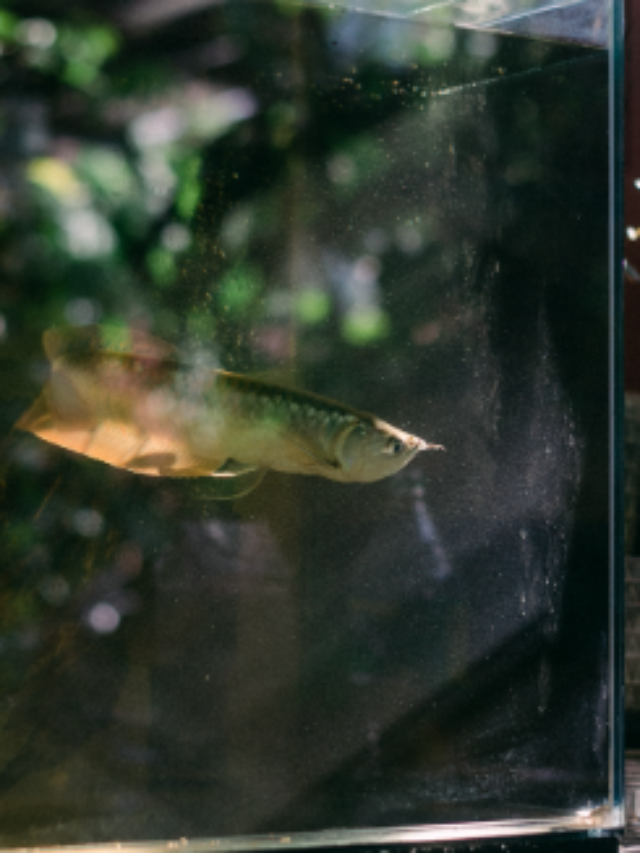
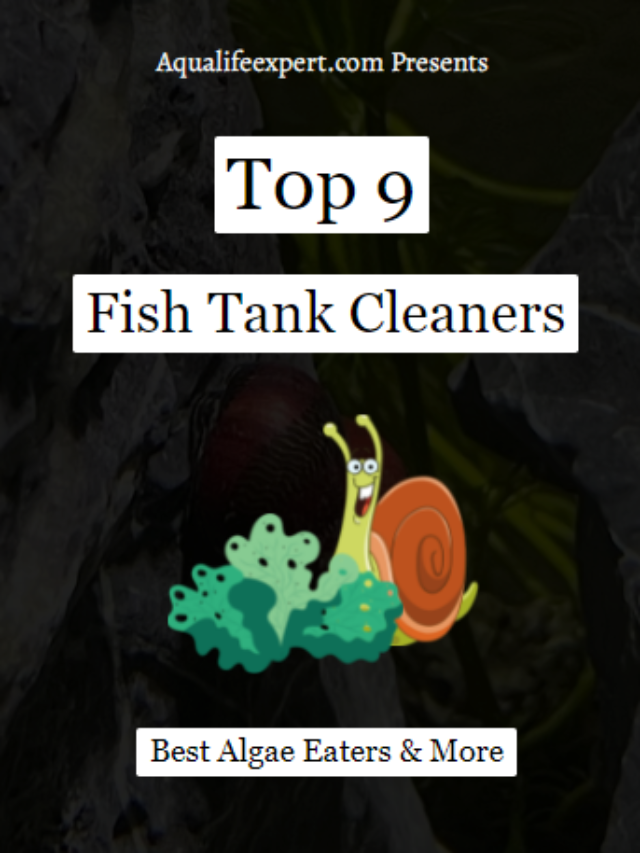

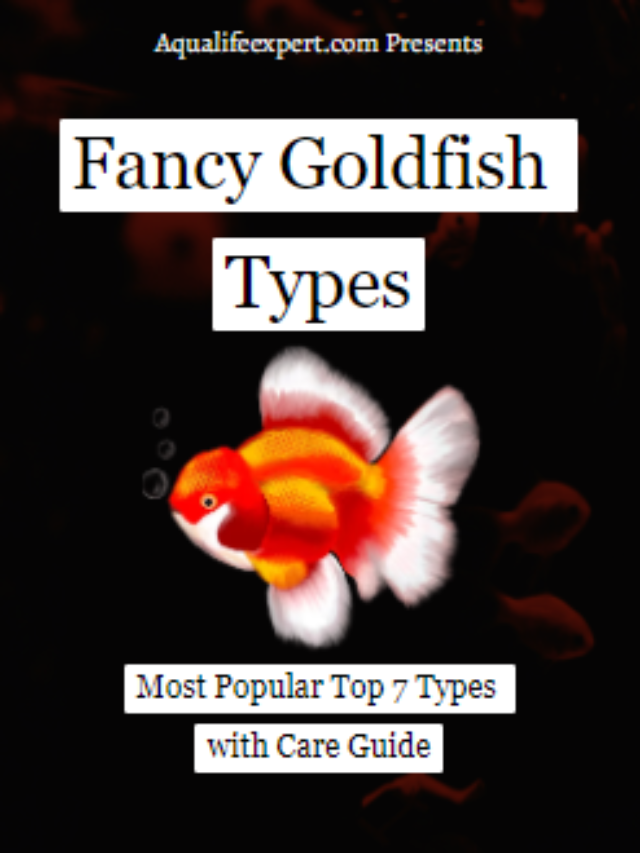
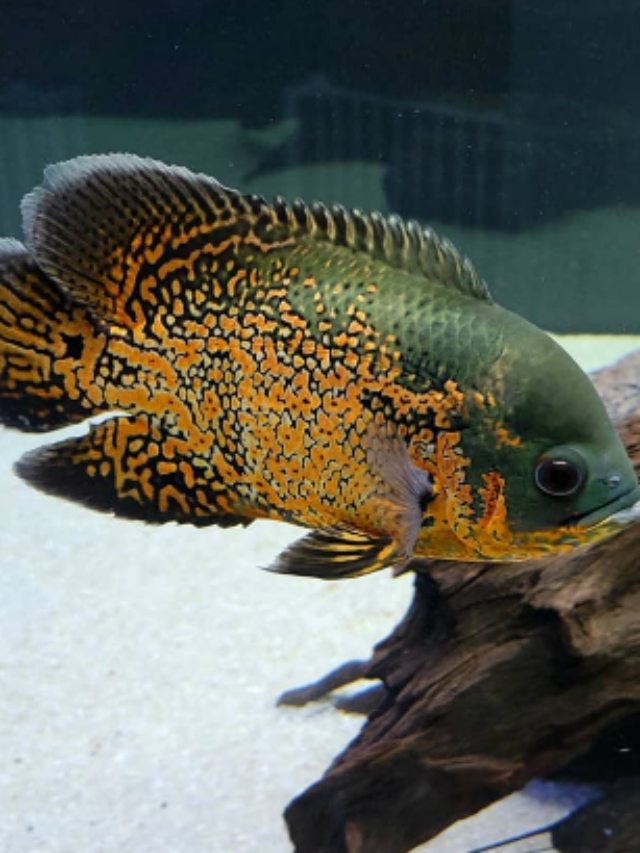
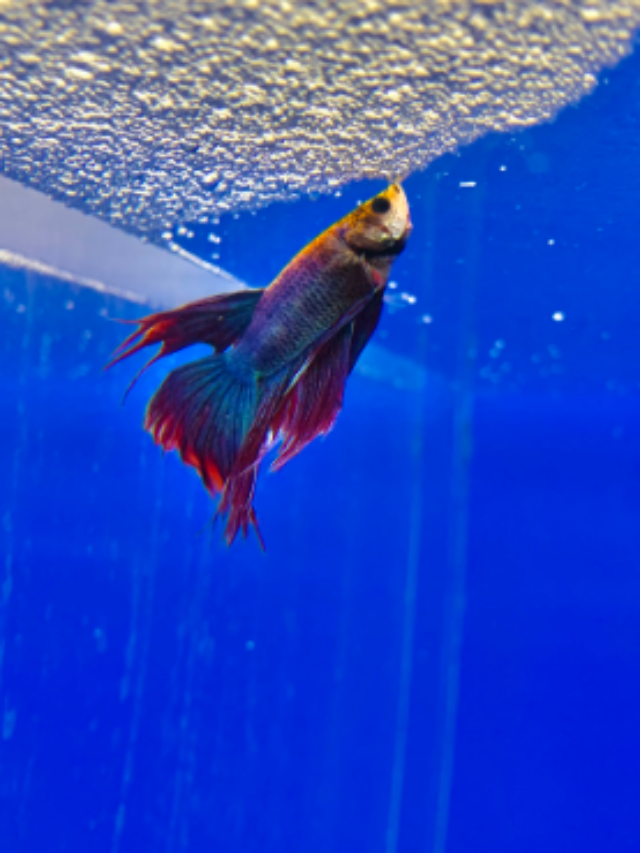
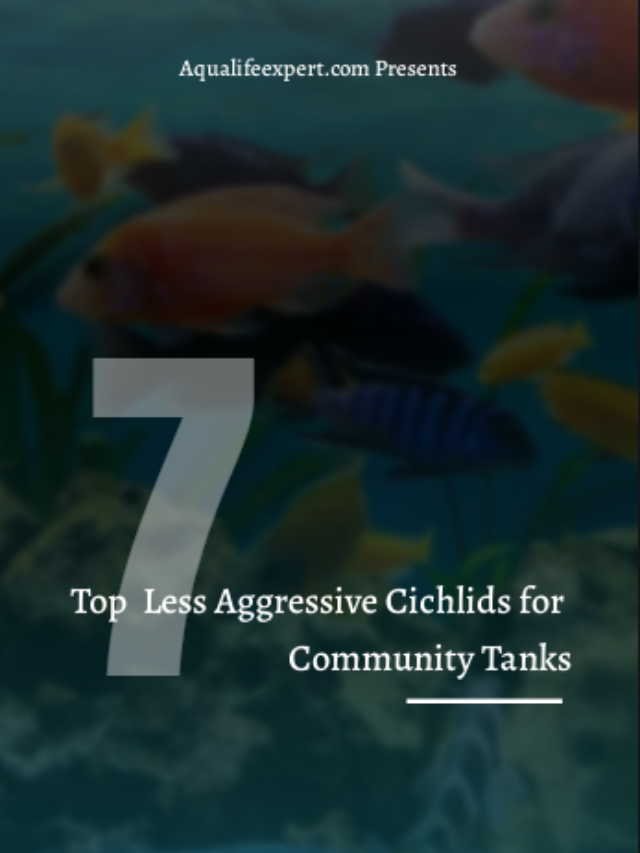
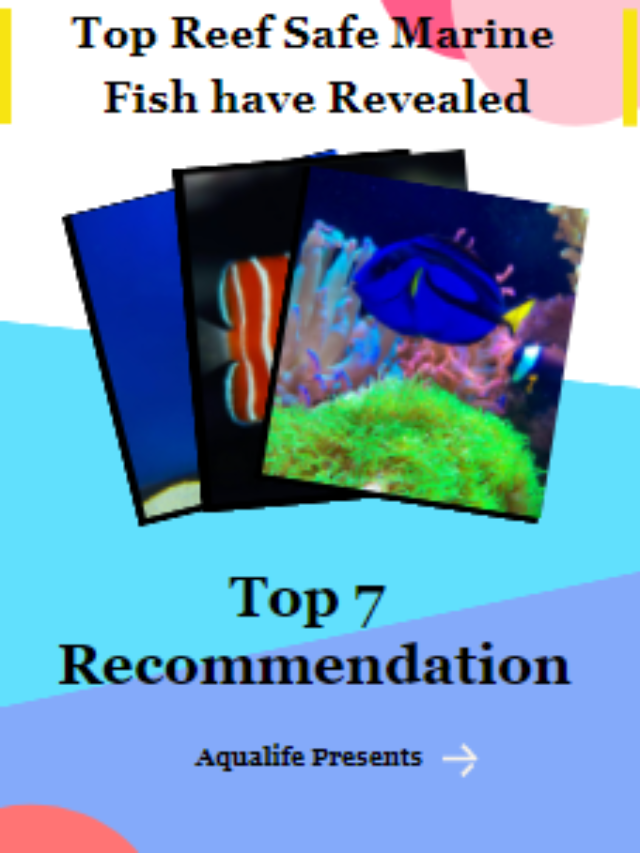
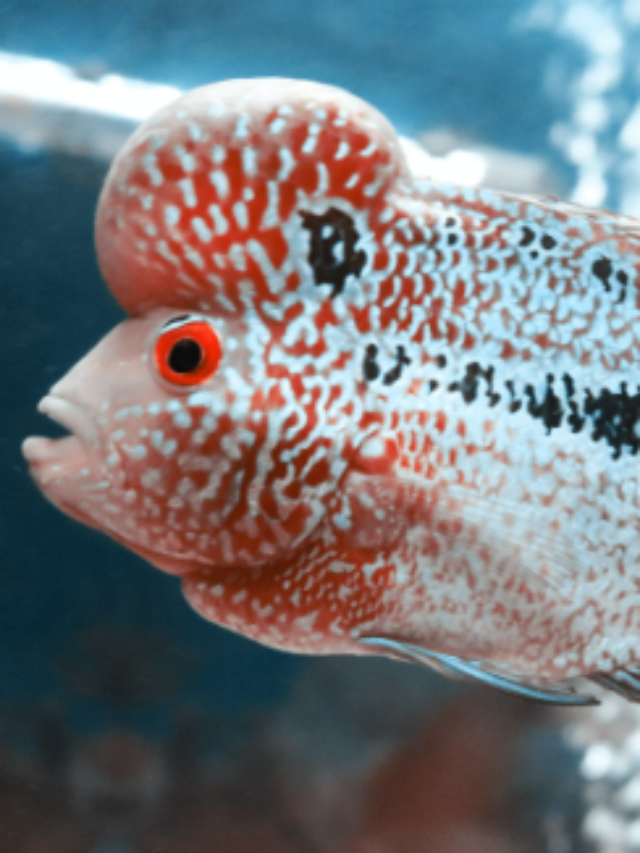
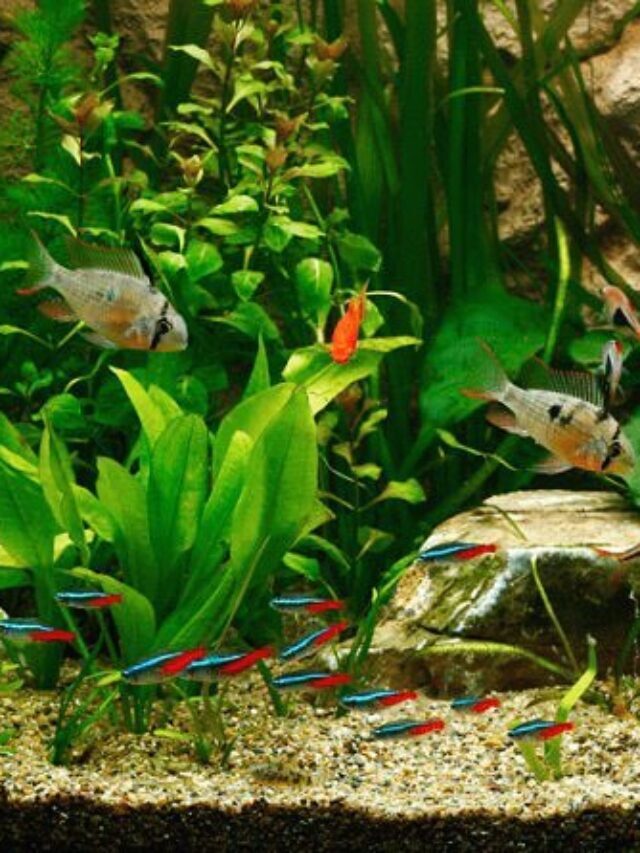
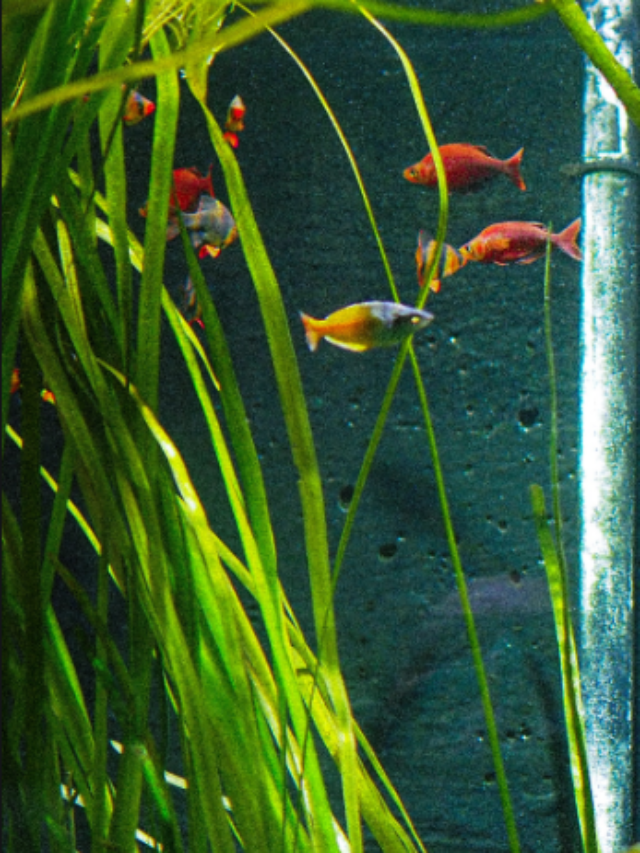
I agree with your point of view, your article has given me a lot of help and benefited me a lot. Thanks. Hope you continue to write such excellent articles.